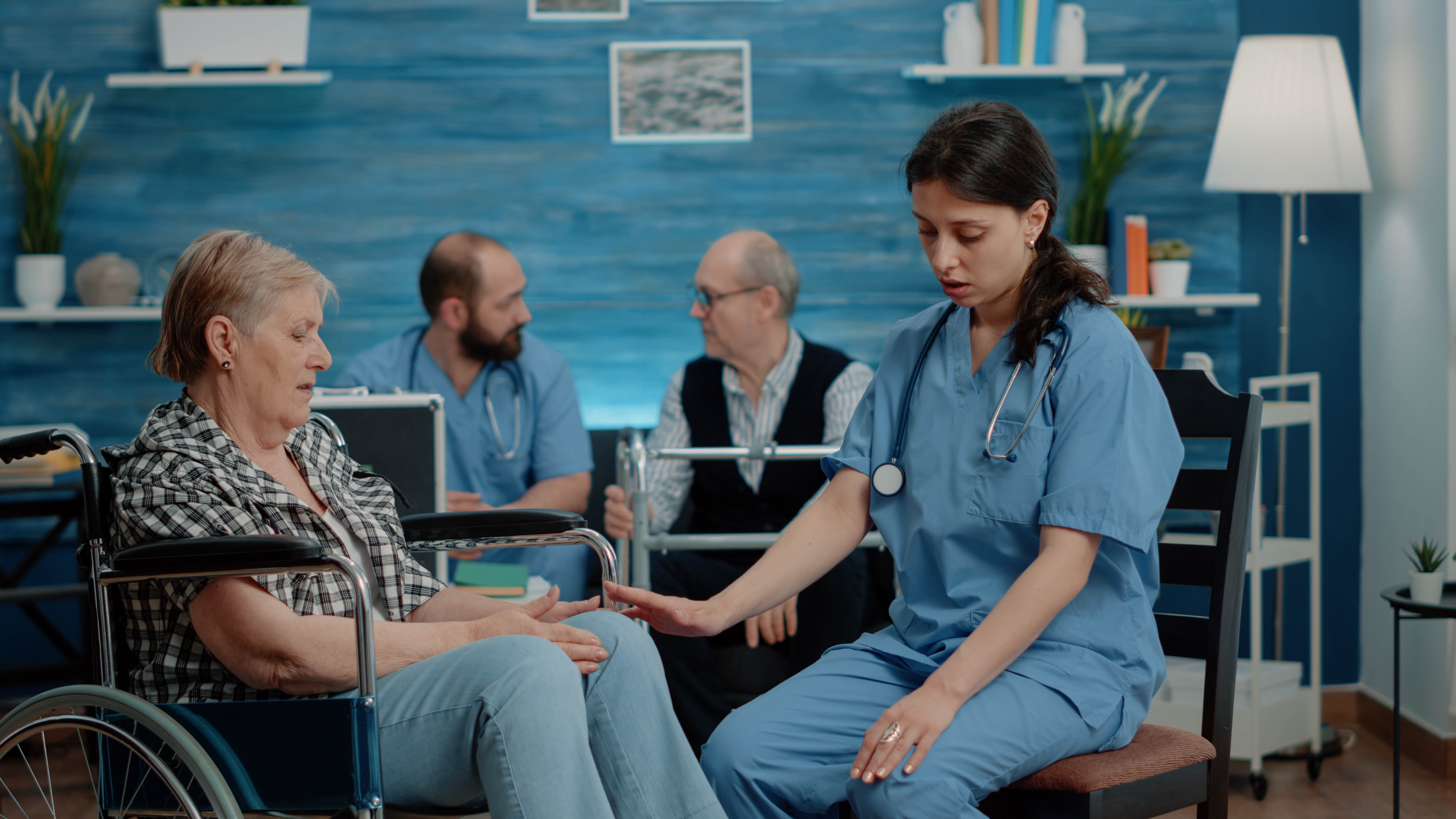Nurses understand the importance of patient education. They also understand that their shifts are generally toxic. At times, patient teaching takes a back seat to more pressing obligations. Nurses must develop the habit of considering patient education. As a means of providing nursing care that extends beyond their ordinary nursing interventions. Even more importantly, nurses must devote as much time as possible to patient education to get the best results for their patients. Here are some pointers to assist you to improve your health teaching abilities.
Assess the patient's preferred learning method
A variety of ways can provide similar information. In reality, teaching is reinforced when several modalities are used. Patients learn in different ways, so find out whether your patient prefers to watch a youtube video or read a handout material. The best strategy is a hands-on approach, in which the patient performs a process under your supervision.
Take Into Consideration the patient's strengths and weaknesses.
Is there anything affecting the patient's ability to learn, whether it's physical, mental, or emotional? Some patients may need large print materials. And if the patient is deaf, visual materials and hands-on methods should be used rather than only spoken education. Patients should always be asked to describe what you've taught them. People will frequently nod "yes" or say that they understand what is being taught, even though they have not really heard or comprehended it. When educating patients, keep in mind things like weariness and the shock of receiving a grave diagnosis.
Together, make goals.
The nurse and the patient should establish goals and objectives together from the start. It ensures that each individual understands the goals and why they are important. As the patient's care continues, make careful analysis and reformulate goals and objectives.
It's all about the timing.
Choose a mutually agreeable teaching time. Choose a time that is convenient for you and the patient. Patients who have recently received their diagnosis, for example. They may need some time to assimilate the information before they are ready to learn. Also, choose a time when you won't be interrupted and the patient won't be distracted by visits, meals, or other activities.
Encourage the patient to practice self-healing techniques at home.
Physical demonstrations of care practices should be included in your training. Asking a patient to go through a certain process can help them learn and recall the care they'll need to provide on their own. You can begin with guided practice until you feel confident in their ability to perform a procedure independently.
Ask Questions
It's a good idea to ask specific questions before a patient leaves your care. This is to see if they grasp the strategies they'll need to use once they leave a medical facility. Asking open-ended questions allow a patient to express their ideas and worries. It will help you determine if they are missing any important information they require to continue their treatment at home.
One of the most difficult, but often gratifying aspects of nursing care is teaching patients and their families. Excellent training has a significant impact on patient outcomes. Do not worry, you will master providing health education to your patients and their families with practice.
JOBS FOR YOU
1NURSE Mobile Application









